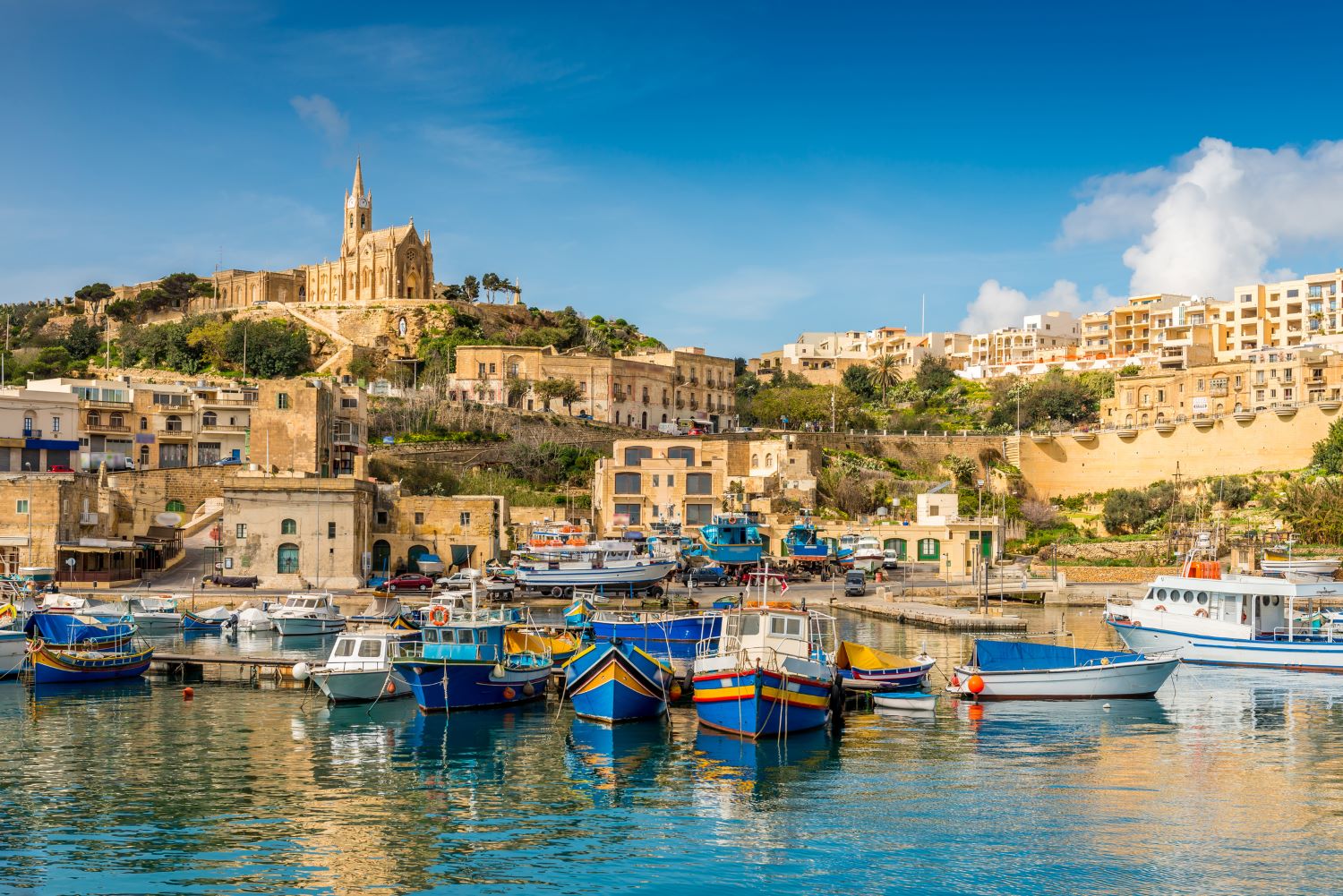Malta’s migrant population has significantly higher levels of education than the native Maltese, according to a new release by the National Statistics Office (NSO) that sheds light on the over 100,000 foreign workers currently in the country.
While just over a fifth of the Maltese-born population holds a tertiary level of education (22 per cent), that proportion almost doubles for those born abroad (38.4 per cent).

The NSO’s release notes that the percentage of the population born abroad in 2021 reached 25.7 per cent – almost five times as much as in 2012, when only 5.6 per cent of the resident population was born in another country.

Italy was the most common country of origin for migrants (14.9 per cent), closely followed by the UK (14.6 per cent). In third place was the Philippines, with over a tenth (10.5 per cent) of all migrants in Malta born in the Southeast Asian nation.
A further 21.3 per cent were born in another EU country while 38.7 per cent were born in another country outside the EU, suggesting that the majority of immigration in Malta occurs from outside the EU (63.8 per cent) as opposed to 36.2 per cent of intra-EU migration.

As opposed to the 33.8 per cent of the native population above the age of 54, only 14.7 per cent of those born abroad were in this age bracket. The majority of migrants (78.1 per cent) were aged between 25 and 54.
As would be expected, the report shows that migrants (76.7 per cent) were more likely to be employed than the Maltese-born population (62.2 per cent).
Over a fifth of all migrants worked as service and sales workers (21.3 per cent), closely followed by professionals (21.1 per cent). Another 15.9 per cent worked as technicians and associate professionals. The construction industry is estimated to employ around 10 per cent of all migrant works, but the NSO notes that this may be an unreliable estimate
As for the sector of employment, just under a quarter (24.1 per cent) work in wholesale and retail trade, transportation and storage, accommodation and food service activities – no surprise to anyone who has been to a restaurant or gotten a delivery.
Another 18 per cent work in public administration, education, human health and social work activities, presumably accounting for the large number of foreign nurses and carers coming from abroad.
The vast majority of both Maltese-born (75.7 per cent) and migrant workers (75.3 per cent) reported feeling largely satisfied with their job, and there was similar convergence among those feeling at least somewhat satisfied (19.7 v 20.9 per cent).
Relatively few (6.3 per cent) migrants reported feeling discriminated against. Only 2.5 per cent said they feel subjected to discrimination due to their foreign origin or their gender, while almost 10,000 foreign-born workers, or around 3.8 per cent of the workforce, said they were discriminated against for other reasons, such as age, disability or politics.

Turning finally to the Maltese language, overall adoption remains far away, but the use of the national language certainly does not go unnoticed, with the number of beginners tripling from 7.5 per cent
DIER cracks down on employment agencies bringing foreign workers to Malta
DIER has intensified its enforcement of employment agencies responsible for bringing foreign workers to Malta
Gozo issues call for roadmap to climate neutrality
The plan to achieve climate neutrality in Gozo by 2030 is ramping up
Two years since its birth, Moneybase features on Microsoft’s Customer Stories
Moneybase has now just been featured on Microsoft’s latest Customer Stories






